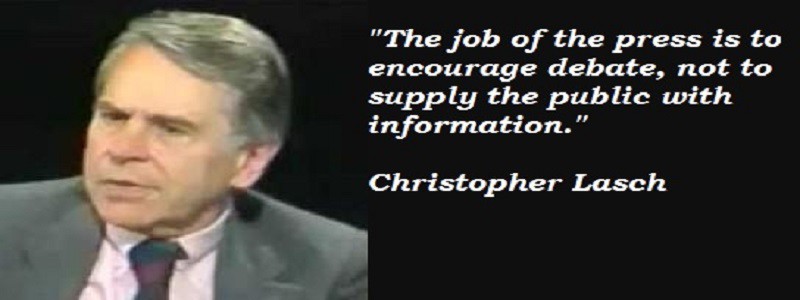Debate at the Poker Table
by Andrew Brokos
I was heavily involved in debate in high school and college, and as an adult I continue to volunteer with debate-related organizations. Professionally, though, I did not pursue a traditional “debater career” in a field such as law or politics. In fact, there’s nothing traditional at all about my career: I’m a professional poker player.
The connection between debating and playing poker is certainly less obvious than between debating and running for office, but the truth is that I credit a lot of my success in poker to the skills that I learned from debating, skills like critical thinking, considering all sides of an argument, and weighing advantages and disadvantages.
Argument and Reasoning in Algebra: The Use of SAN Questions
By Conor Cameron
The Common Core State Standards demand that students of mathematics, “Construct viable arguments and critique the reasoning of others.” In a vacuum, that requirement probably seems more descriptive of what might occur in an English or social studies classroom. Many math teachers probably think to themselves, “Students may do that sort of work in their Geometry classes, not so much in mine.”
“But My Students Don’t Know Enough Yet to Engage in Debates!” Christopher Lasch on the Argument vs. Information Confusion
By Gerald Graff
“Hey, I’m all for teaching argument and debate,” my colleague assured me after viewing the ACE website. “But students have to know something about a topic before they can usefully debate it, and students these days just don’t.”
It’s one of the most familiar objections to organizing school and college curricula around debatable issues: until students know enough of the relevant information—as today’s students rarely do—they aren’t ready to debate such issues. And it’s certainly true up to a point: it’s hard to enter a debate about whether income inequality is a problem or not if you lack information about what’s been happening to income distribution over the last generation.
What this way of thinking ignores, however, is its circularity: yes, students need some economic knowledge to intelligibly debate the pros and cons of income inequality, but unless they are exposed to the debate they may not see the point of acquiring that data in the first place.




